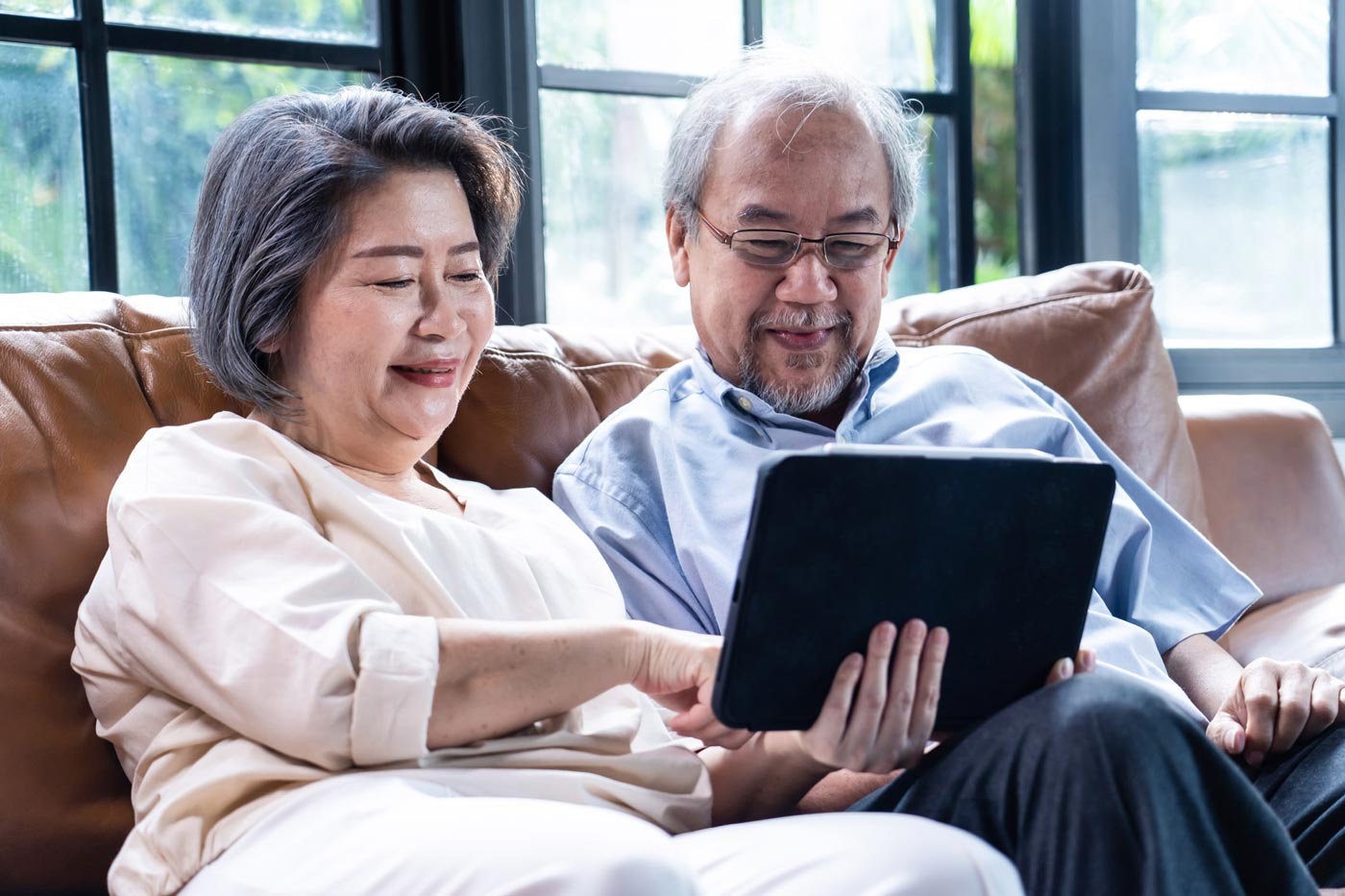Motivation 101: Tips for Encouraging Seniors
Motivation 101: Tips for Encouraging Seniors
Motivation is the underlying element that keeps people behaving in ways that line up with their own best interests, even if they're not convenient. It's what keeps people eating well, exercising, and following their doctors' instructions. It's also what keeps them socially engaged, which has positive health benefits. Staying engaged is related to quality sleep, reduced odds of depression, and a higher quality of life, making it important for people of all ages but particularly for seniors. The aging process and admitting the need for help can take a toll on seniors, sometimes leaving them adrift and without a strong sense of identity or as much zest for the activities they once loved. Up to 33 percent of seniors experience symptoms of anhedonia, or losing the pleasure they used to find in their activities. Although it's not uncommon, this isn't an inevitable part of aging. With these three tips, caregivers can help motivate and encourage their aging loved ones, empowering them to stay motivated and regain their self-confidence, independence, security, and well-being.
Help Them Set Small, Manageable Goals
Setting goals can not only increase motivation, it can also give seniors a sense of purpose and satisfaction once they achieve their goals. One study evaluating the impact of setting goals on 75 people with a mean age of 68 suggests it has a positive impact on boosting motivation in the short and long term. Adults in the study who completed at least 50% of their goals reported feeling empowered, in charge of their lifestyle and more confident.” Caregivers can sit down with seniors and help them create a few small goals for each day. It can be something as simple as having fresh fruit and vegetables at every meal, doing 10 minutes of physical activity, or finishing up a project. Offer encouragement as they progress and acknowledge when they meet their goals. Not only will this help aging parents with staying motivated, it will also help them feel secure and that they're not alone.
Reinforce Identity
Much like adolescents go through a tumultuous time fraught with identity issues, seniors go through a tough transition. The identity they've always known is changing. It's being challenged both externally by others and internally by themselves. Some even mourn the loss of who they once were and find themselves nearly unrecognizable as they continue changing with age. Reinforcing their self-identity doesn't just help with staying engaged and motivated. It can also keep them emotionally and cognitively active, boost their outlook, and enhance their self-esteem. Set aside time to encourage aging parents to reminisce about their past. Look through photo albums. Work on biographical projects together. Reinforcing seniors' self-identity adds richness to their lives. The companionship and emotional security can go a long way toward assuaging feelings of loneliness. For caregivers, it's also a golden opportunity to connect on a deeply emotional level and learn more about the care recipient's life.
Help Them Feel Useful
Seniors may experience a loss of the roles deemed meaningful and socially valued. With age comes a decrease in the demands for productive activities. Mental and physical health conditions can exacerbate feelings of inadequacy, which can derail engagement and motivation. Aging parents want to be valued and useful to society, their families, and their friends. Research suggests that feeling useful and productive has a positive impact on health. Caregivers can help aging parents with staying motivated and engaged by helping them feel their help is needed and that they are valuable. For example, you could ask for advice on important decisions or put them in charge of tasks or projects they'll be able to manage.

